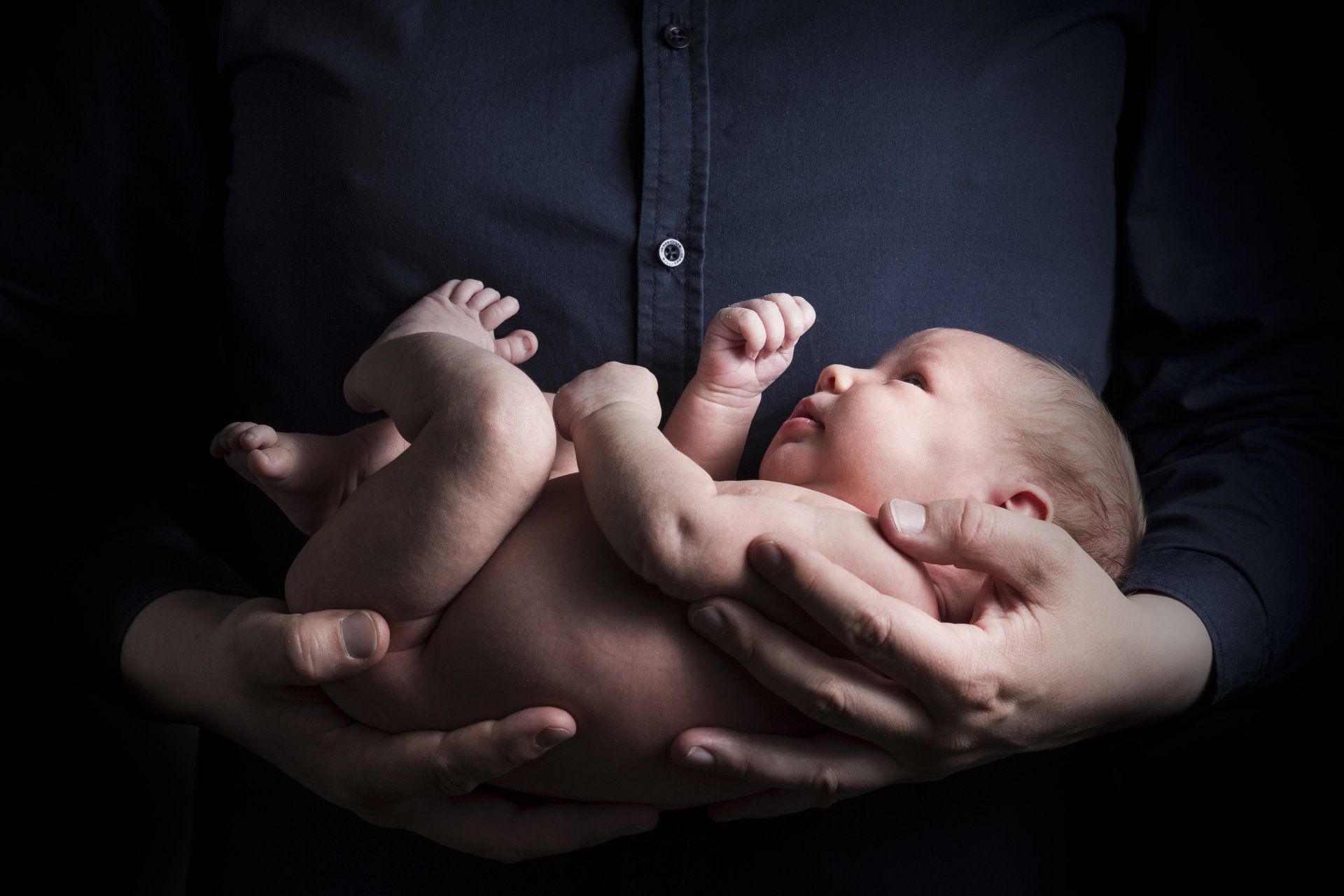Th Church’s constant teaching is that it is always intrinsically wrong to use contraception to prevent new human beings from coming into existence.
Contraception is “any action which, either in anticipation of the conjugal act [sexual intercourse], or in its accomplishment, or in the development of its natural consequences, proposes, whether as an end or as a means, to render procreation impossible” (Humanae Vitae 14). This includes sterilization, condoms and other barrier methods, spermicides, coitus interruptus (withdrawal method), the Pill, and all other such methods.
Contraception is wrong because it’s a deliberate violation of the design God built into the human race, often referred to as “natural law.” The natural-law purpose of sex is procreation. The pleasure that sexual intercourse provides is an additional blessing from God, intended to offer the possibility of new life while strengthening the bond of intimacy, respect, and love between husband and wife. The loving environment this bond creates is the perfect setting for nurturing children.
But sexual pleasure within marriage becomes unnatural, and even harmful to the spouses, when it is used in a way that deliberately excludes the basic purpose of sex, which is procreation. God’s gift of the sex act, along with its pleasure and intimacy, must not be abused by deliberately frustrating its natural end—procreation.
Catholic Answers, Birth Control




